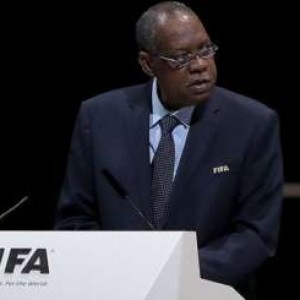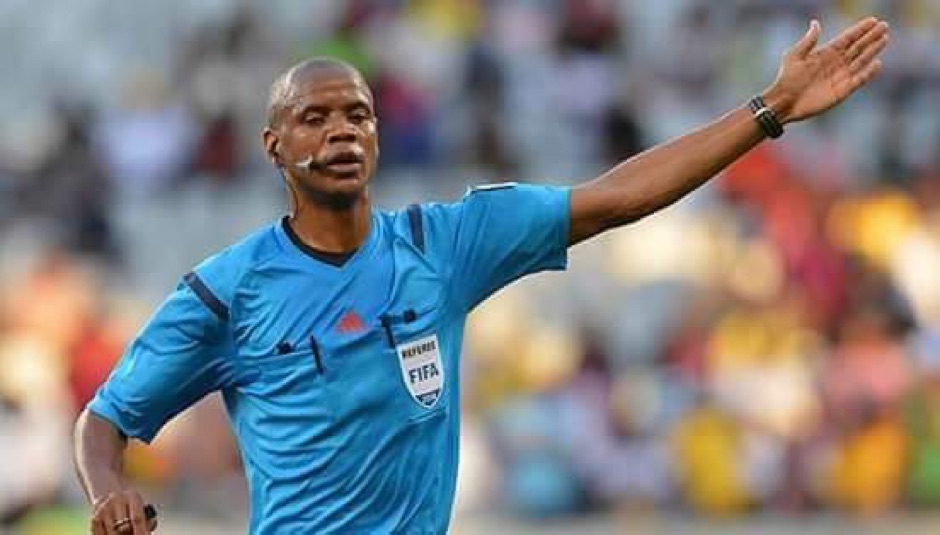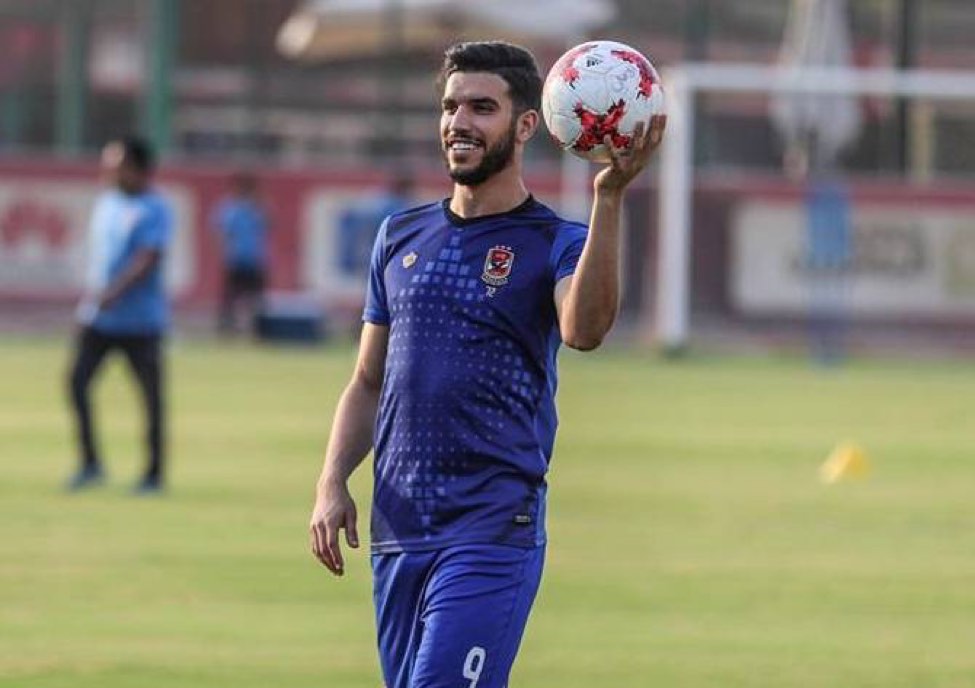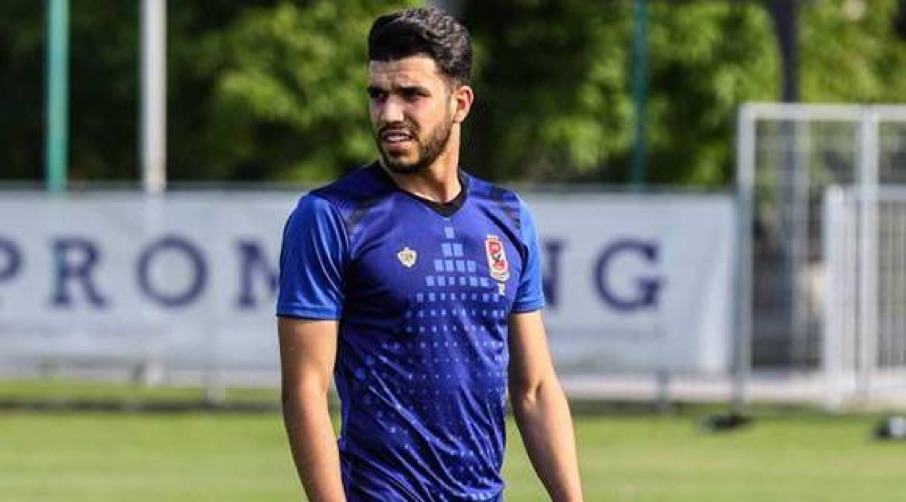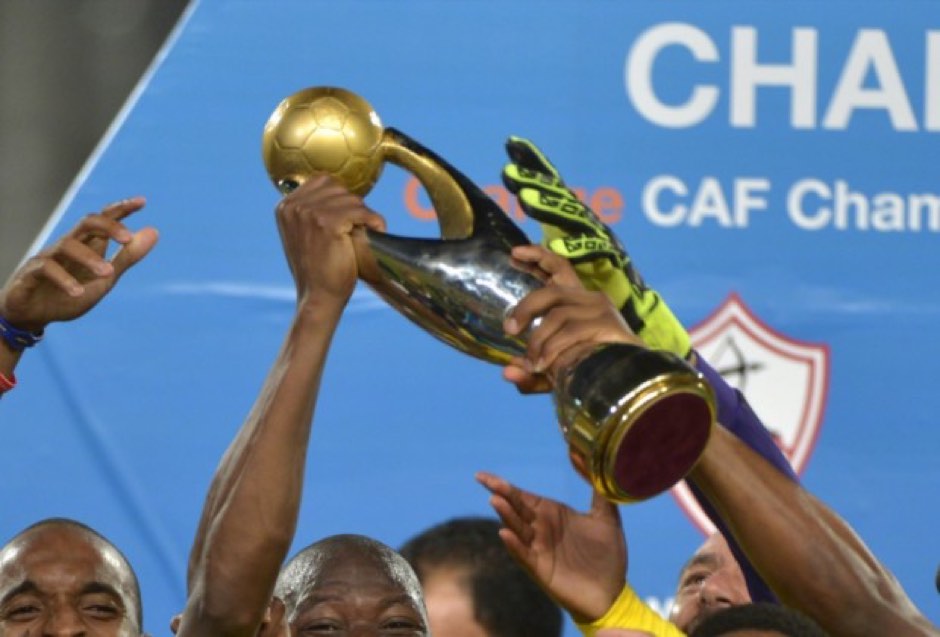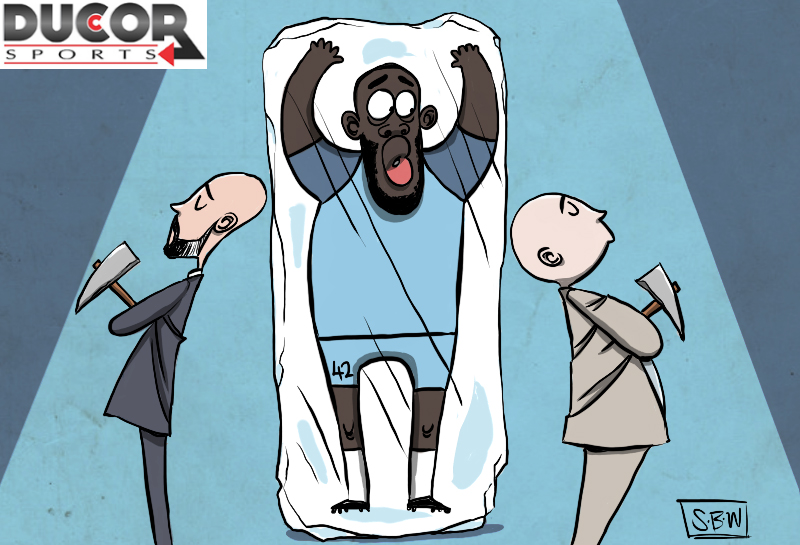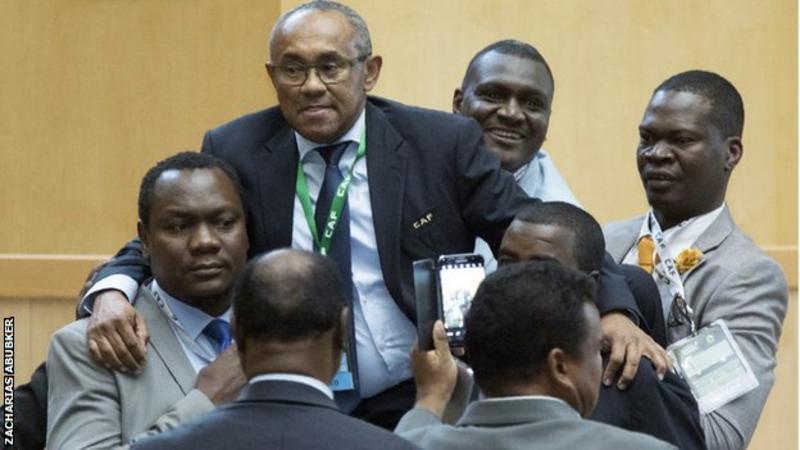
CAF
Issa Hayatou’s 29-year Reign Comes to a Dramatic End with Anticipation of What Comes Next for African Football
-

-
by
Mary Khisa
March 16, 2017 marked the start of a new era and much needed change in African football as the Confederation of African Football (CAF) held elections for CAF presidency, CAF Executive Committee, and Africa’s representatives on the FIFA Council – part of an elite panel of 37 who determine the future of world football – in which Ahmad Ahmad ended Issa Hayatou’s 29-year reign.
Held in Addis Ababa, Ethiopia, this year’s electionin particular for CAF president, has been the most anticipated of all because the position built a steadfast stiff competition between incumbent Hayatou and fully determined Ahmad of Madagascar, with the former seeking to extend a three-decade rule which has lasted him till the age of 70.
Ahmad admitted that his aspiration to stand for president was maintained by persuasion from at least 15 FA presidents with claims that he had pledged more than 30 votes, enough to ensure a comfortable lead.
It would now seem Ahmad’s pledge claims were after all true with the new CAF president winning 34 of the 54 votes to become the only seventh head of the African football governing body.
In a historic period of 60-years, CAF has only ever had five presidents with the last appointment happening all the way back in 1988.
Following his win, an emotional Ahmad told the BBC Sport, “I can’t talk at this time. Only one thing – I thank God, I thank my team.
[perfectpullquote align=”full” cite=”” link=”” color=”” class=”” size=””]”We worked hard but we won. That was the first step. The second step is to develop African football.[/perfectpullquote]
“Some days I thought I would win – today I didn’t (think I would win).”
The 57-year-old was not the only one overwhelmed by the result which was widely embraced by a cheerful CAF congress while he (Ahmad), was carried on the shoulders of jubilant supporters to the podium following the announcement.
On the flipside, Hayatou who won only 20 votes said in his departure from the auditorium led by aides, “It is not that bad.”
But all attention was on Ahmad who added, “When you try to do something, you mean that you can do it. If I can’t do it, I never stand.
“This is a sweet victory. When you work hard for years and months and you succeed, that is great.”
Gearing up for the elections, Ahmad subsequently built up support and confidence in his ability to turn the once one-sided election, into a fairly competitive campaign with evidently African football witnessing change and hopefully, growth in the sport.
It would now seem Africa has long been desperate for change and despite uncertainties surrounding the election and where the 54 nations would place each vote, what is now certain in regards to previous events, suggests Ahmad’s growing popularity.
Hayatou was not so easy to write off considering his past successful re-elections, some often unopposed while on two occasions, he beat his opponents in both landslide victories that kept him in office for eight terms.
In 2000, he beat Angola’s Armando Machado by 47-4 votes and four years later he defeated Ismail Bhamjee of Botswana by 46-6 votes.
Issa Hayatou will no longer be a FIFA Council official. (Getty Images)
On the contrary, it is understood that Hayatou had plans to retire and take a break from football but he was persuaded by loyal FA officials who in a manner of speaking felt either indebted to him, or inhospitable to change, or felt the role was forever entitled to the Cameroonian.
“If Hayatou loses, I will quit football,” Manuel Nascimento Irenio, Guinea-Bissau Football Federation president said.
“Because I can guarantee there will only be a daily jumble in the institution (if Ahmad wins),” he told BBC Sport.
[perfectpullquote align=”full” cite=”” link=”” color=”” class=”” size=””]”There is no one among us who can lead CAF better than Hayatou right now. You cannot compare the value that exists in this man as a leader with any other person in (African) football.[/perfectpullquote]
“You cannot have a gentleman with the character, dignity, and value of Hayatou and just say one day that you are going to humiliate him – that he is not entitled to rule CAF anymore.”
“I do not agree with that. We should not be ungrateful.”
“We have to protect our leader so that after this election, President Hayatou will say ‘look, it’s time for me to get rest – I did something good.’ Many times he tried to do it, but we said – ‘No, Caf will die if you quit,'” added Irenio.
Tunde Adelakun worked on a recent biography of Hayatou and he said the son of a local ruler had once been looking forward to stepping down from his CAF role.
“When I was writing his biography, we always thought that 2017 was going to be his final hurrah,” the Nigerian told BBC Sport.
“He (Hayatou) told me he wanted to retire, return home to northern Cameroon, to Garoua, and do what his father bequeathed to him – the rulership of his town.
“He really was passionate about it and felt he hadn’t had enough time over the last 20 years to do enough of that. It’s the only place he can be totally relaxed.
[perfectpullquote align=”full” cite=”” link=”” color=”” class=”” size=””]”People around him (appear to) have made the decision for him to stand – so whether they are looking after his interests or their own, since their livelihoods depend on him, becomes an issue.”[/perfectpullquote]
On the other hand, Ahmad refused to be intimidated by Hayatou’s monopolized grip on power with the Madagascar FA head using the common ground as a manifesto to campaign for the improvement of quality in African football through administrative reform, financial transparency, and a potential reorganisation of CAF competitions as part of his popular campaign motto.
Ahmad who became Madagascar FA head in 2003 will take up his new role on an initial four-year term with his immediate agenda; to introduce a new code of ethics as well as seeking to extend the ethical arm to follow-up on African football officials.
Winning CAF presidency also assures him a FIFA position and a place on the ruling council of world football’s governing body which Hayatou will no longer occupy.
Ahmad’s win is part of a new era embracing football management and policy-making following Swiss-Italian, Gianni Infantino’s win at the February 2016 FIFA presidential elections.
By then, CAF under Hayatou – also a former close ally of ousted FIFA president Sepp Blatter – publicly pledged its support for FIFA presidential candidate and front-runner, Sheikh Salman of Bahrain with the African governing body instructing the rest of Africa to do the same.
Following the corruption scandals that reflected the sport poorly in the previous years, a lot remains to be seen how the image of football will be transformed and greatly improved to equally fit all nations governed by FIFA.
Featured photo: Zacharias Abubker

